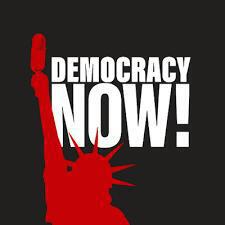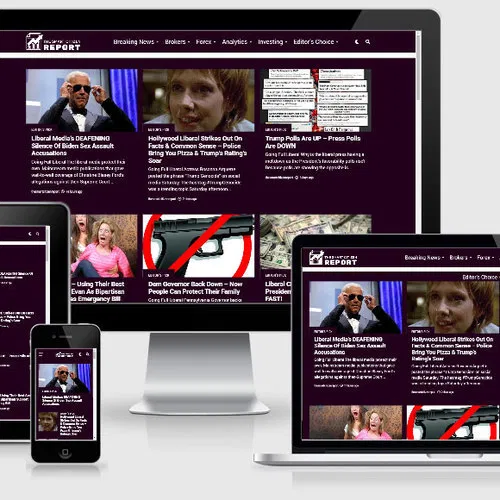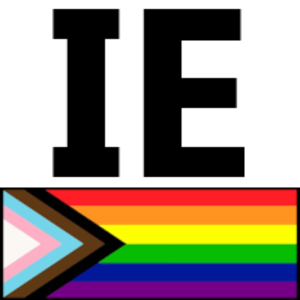In the days following Meta’s changes to its free speech and moderation policies, LGBTQ+ employees are calling out their bosses. Tech outlet 404 Media spoke with five current Meta employees who said others have taken to internal message boards to raise concerns, with one employee describing it as “total chaos internally.”
Meta’s new guidelines, announced on Tuesday, Jan. 7, by CEO Mark Zuckerberg, reduce the company’s moderation on sites including Facebook and Instagram. In some cases, the company said it would explicitly allow language it had previously banned.
“We’ve reached a point where it’s just too many mistakes and too much censorship,” Zuckerberg said while announcing the policy. “The recent elections also feel like a cultural tipping point towards once again prioritizing speech. So we’re going to get back to our roots and focus on reducing mistakes, simplifying our policies and restoring free expression on our platforms.”
Employees said one change that sparked particular anger is allowing users to claim that being LGBTQ+ denotes mental illness.
“We do allow allegations of mental illness or abnormality when based on gender or sexual orientation, given political and religious discourse about transgenderism and homosexuality and common non-serious usage of words like ‘weird,’” Meta’s updated policy on hateful conduct says.
LGBTQ+ advocacy group GLAAD called the changes alarming. The group said that the term “transgenderism” was a particular red flag, describing it as “hateful.”
404 Media’s report says employees criticized Meta for making the changes without much input from its workforce.
The Intercept also reported it received leaked training materials showing specific examples of allowable posts.
The news organization alleges the company displayed examples of stereotypes about various ethnic groups as examples of what is now permissible. The Intercept’s report also alleges that the documents specifically say that one anti-transgender slur no longer violated the policies.
404 Media’s report said Meta did not immediately respond to questions about the new policies.
A Meta spokesperson referred The Intercept to a blog post about the policy by Meta’s newly-appointed policy head, Joel Kaplan.
“We’re getting rid of a number of restrictions on topics like immigration, gender identity and gender that are the subject of frequent political discourse and debate,” Kaplan wrote. “It’s not right that things can be said on TV or the floor of Congress, but not on our platforms.”



























































































